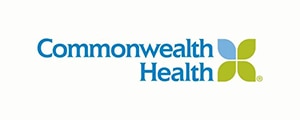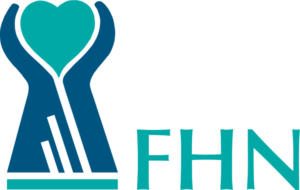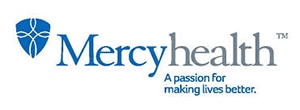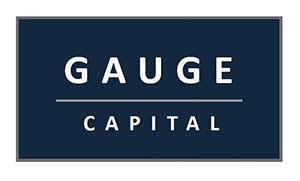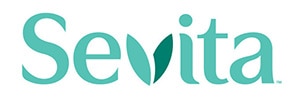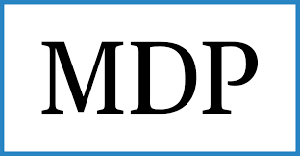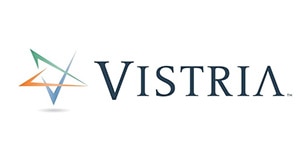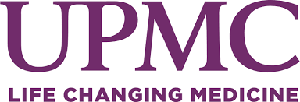Cain Brothers Newsletters: Industry Insights

“Industry Insights” is a bi-weekly email newsletter published by Cain Brothers, a division of KeyBanc Capital Markets. The newsletter features innovative and original perspectives about healthcare services, healthcare IT, and life sciences from our team of experienced investment bankers. Read the latest newsletter content below, and subscribe to start receiving the newsletter in your inbox.
Embracing vs. Conquering: Stop Waiting for the New New Thing to Save Healthcare
I was recently introduced to the book Without Ever Reaching the Summit by Paolo Cognetti (a note of thanks to Matt Hicks and Justin Unertl at Excellere for making me aware of it). It’s a wonderful 135-page read, and I highly recommend it. Why am I mentioning it here? Without giving away anything that the title of the book doesn’t already do, Cognetti wrote about a journey that he made to the Himalayas in a region that is very near Tibet, which he wasn’t allowed to enter. He shared in the book that “the most important Tibetan pilgrimage consists of going around Mount Kailash” versus trying to summit it. He further noted that while the mountaineers of other religions leave behind flags or other markers at the tops of the mountains that they have climbed, Buddhists (like those in Tibet) circle around them. In essence, they have a desire to embrace versus a desire to conquer.
This concept from the book has been going through my head in relation to healthcare, particularly as I was in route to and from the healthcare conference in San Francisco last week. I have believed for the better part of the past 25 years that the time would come when a Steve Jobs-like entrepreneur would develop a new technology, i.e. a “New New Thing,” that would conquer the healthcare summit by bending the cost curve, while, at the same time, achieving better outcomes.
Examples that come to mind are EMRs and value-based care models. While well intentioned, neither has resulted in meaningful cost reductions to the overall system, or better outcomes for the patient. I think that is largely because the cost of the new infrastructure or investment in such models has resulted in more dollars being spent without achieving any meaningful productivity gains. For those who measure it, it is estimated that the productivity gains at private community hospitals had average labor productivity growth of about +0.1% a year from 1993 to 2022. By comparison, the rest of the economy has experienced productivity gains of between 1.5% to 2.3%. As a result, the overall cost of healthcare continues growing at between 5% to 10% annually — much higher than the rate of growth in the overall rate of inflation.
So, my viewpoint has become more like those of the Buddhists, thus requiring me to accept that we don’t have to conquer some new summit in healthcare, but instead embrace the system that we have and make it more productive – i.e., achieve more efficient output from the same (or fewer) resources. Because the “New New Thing” has only proven to make healthcare more expensive, it is time to focus instead on increasing the productivity of all existing resources, especially clinicians. Technology should lead to faster diagnoses and optimal care models; but the clinicians need to be taught how to translate that into faster throughput, and patients will also have to accept that they will have less time with that clinician. It also means that it’s time to stop building new buildings and spending money on branding. In the back office, where AI can be a disruptor, administrative costs like RCM are projected to be able to be cut by 30% or more. As those costs savings are achieved, redeploy such savings into efforts like re-training physicians and other frontline healthcare workers to increase their productivity. In essence, the time has come when healthcare providers must be operated like widget factories. Surgical procedures in all specialties need to look more like a Ford factory floor. Fortunately, there are some medical specialties where this is being accomplished and can be looked at as examples. Anyone who has had a colonoscopy has likely witnessed the factory floor-like throughput that is achieved at the outpatient facilities where patients are lined up like cars waiting to get their oil changed. Start focusing on how procedure times can be reduced (even if it is only one minute) and further reduce the time for care from there.
Progress and enlightenment will come from accepting and embracing that healthcare can advance to a better place without having to invent something new and revolutionary. It’s a scale game. Start doing more time and motion studies and have a renewed focus on being the lowest cost providers with the highest volumes and the quickest throughput. In short, healthcare needs more people like Tim Cook and Andy Jassey, who were the operational experts who scaled Apple and Amazon, respectively, versus the inventors like Steve Jobs and Jeff Bezos. I think that is the future of healthcare, and the providers that embrace it will be the future leaders of the industry and get there without ever having had to scale to any new heights.
Previous Industry Insights
Archives
See our monthly industry insights below:





